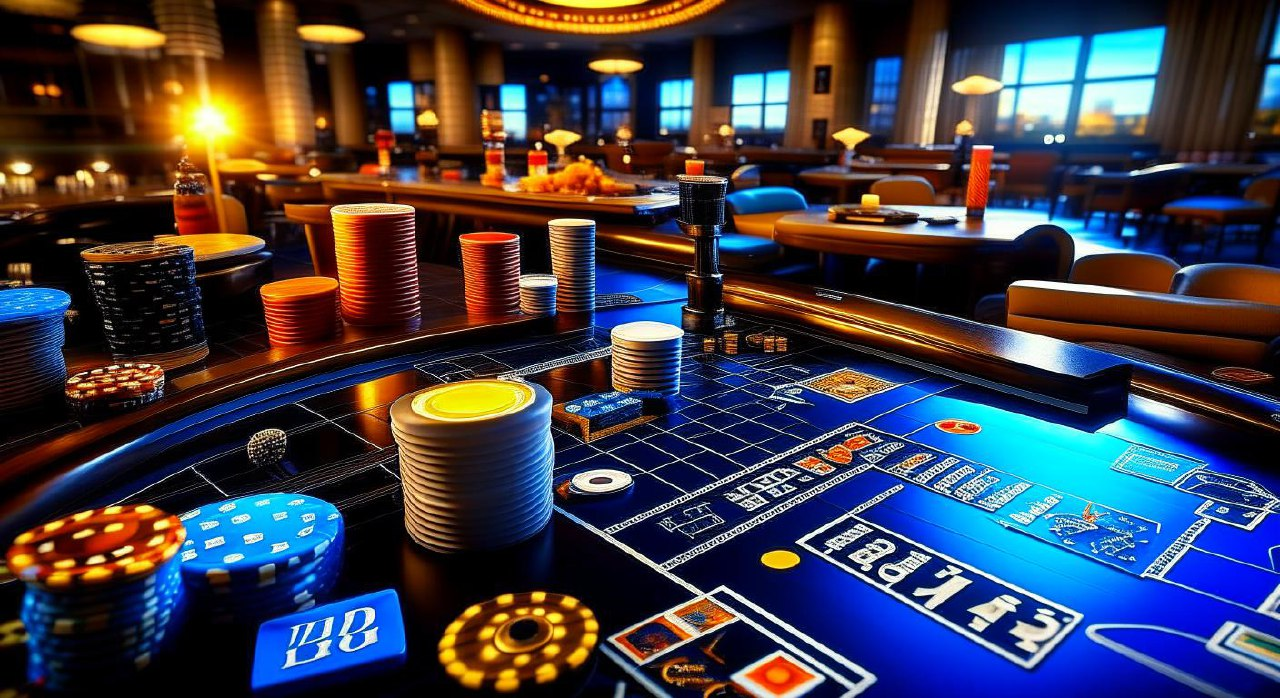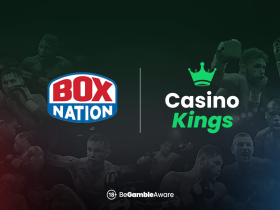Casino entertainment is exciting, diverse, and dates back thousands of years. From simple gambling games in Ancient China to the luxurious casinos of Las Vegas and the convenience of online casinos today, the industry has evolved dramatically. Let’s explore how casinos originated and transformed into one of the most popular forms of entertainment worldwide.
Ancient Origins: China and Rome
Gambling has been around for over 3,000 years. The earliest recorded gambling activities, including dice games and primitive card versions, date back to Ancient China around 2300 BC. Gambling was an integral part of social life, and it is believed that playing cards were first introduced there.
In Ancient Rome, gambling was widespread, especially during gladiator fights. Even Roman emperors were known to place bets. Despite strict laws prohibiting gambling, many Romans participated in underground betting and gaming.
The First Casinos in Europe
The modern concept of the casino originated in 17th-century Europe. The term “casino” comes from the Italian word “casa,” meaning “house.” Early casinos were not just gambling establishments—they were gathering places for entertainment, including music, dancing, and socializing.
- 1638: The first official casino, Ridotto, opened in Venice, Italy. It provided an exclusive gaming experience for aristocrats and set the foundation for future gambling establishments.
- 19th Century: Casinos gained popularity in France and Germany, introducing games that remain favorites today, such as roulette and baccarat.
The Golden Age of Casinos in America
Casinos in America began with European immigrants bringing gambling traditions to the New World. By the mid-19th century, gambling became an essential part of American frontier life. Many famous saloons offered card games, where cowboys and gold prospectors tested their luck in poker matches.
- 1930s: Las Vegas emerged as a gambling hub when Nevada became the first U.S. state to legalize gambling.
- Post-World War II: Las Vegas transformed into the world’s gambling capital, attracting tourists from all over. Iconic casinos like The Flamingo and Caesars Palace became legendary destinations.
The Online Casino Revolution
With the rise of the internet in the 1990s, casinos underwent a digital transformation, leading to the birth of online casinos.
- 1994: The first licensed online casino launched, offering players the chance to gamble from home.
- 1990s: Early online gambling included simple games like video poker and blackjack.
- 2000s: The industry expanded with the introduction of online slot machines and hundreds of new games.
- Present Day: Online casinos are now available on mobile devices, allowing players to access games anytime and anywhere. Many platforms even offer live dealer games, replicating the experience of a real casino from the comfort of home.
Modern Casinos: A Blend of Tradition and Innovation
Today’s casinos merge technology with traditional gambling, providing a vast selection of games, personalized experiences, and various bonuses. Classic games like roulette, poker, blackjack, and slot machines remain favorites, but modern casinos continually introduce innovative features to attract players.
Conclusion
Casinos have come a long way—from Ancient China to the digital gaming world we know today. What once started as underground games thousands of years ago has evolved into luxurious Las Vegas resorts and high-tech online casinos. While technology continues to revolutionize the industry, the core appeal of casinos remains unchanged—the thrill of testing your luck and experiencing excitement.
Whether you prefer the glamour of Las Vegas or the convenience of online gaming, the world of casino entertainment continues to captivate players worldwide.








Leave a Reply